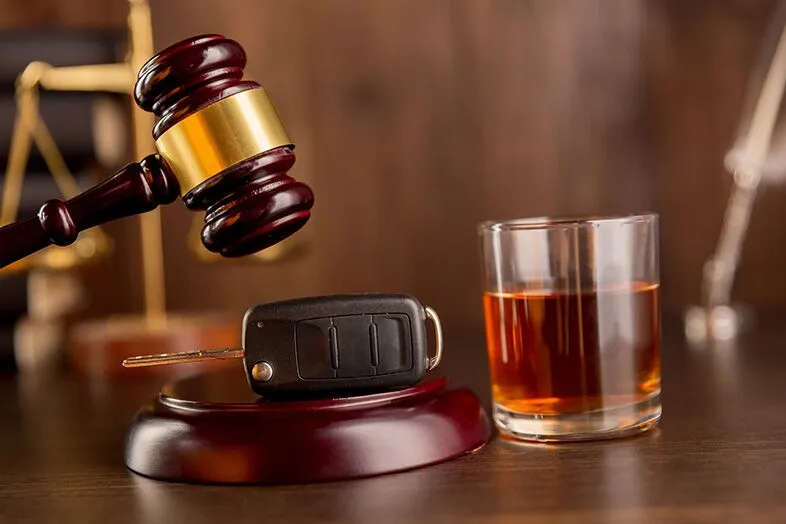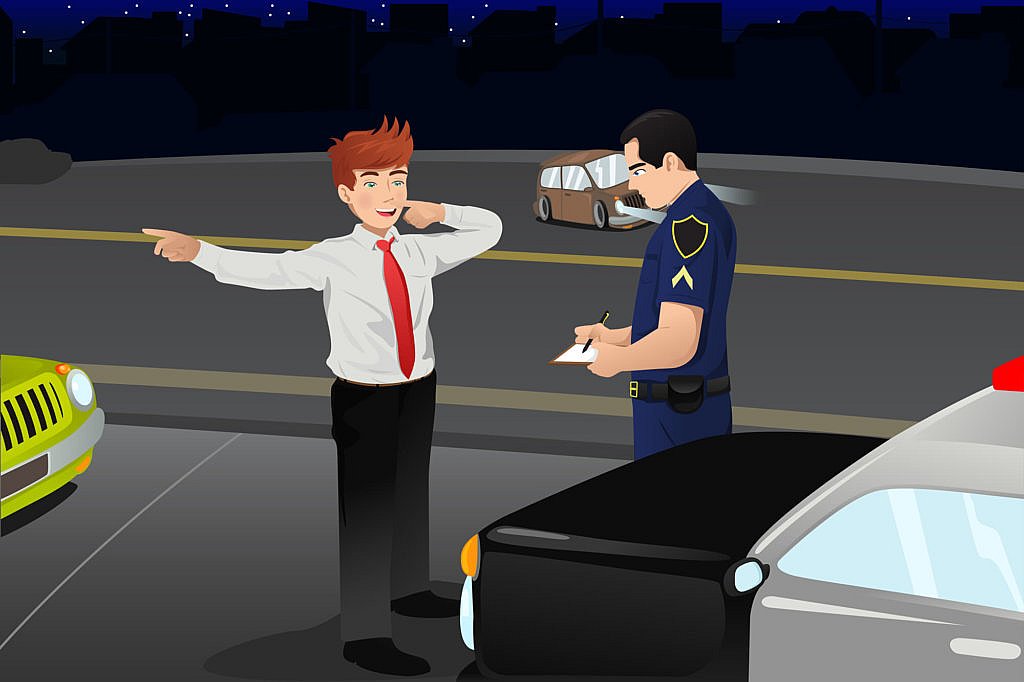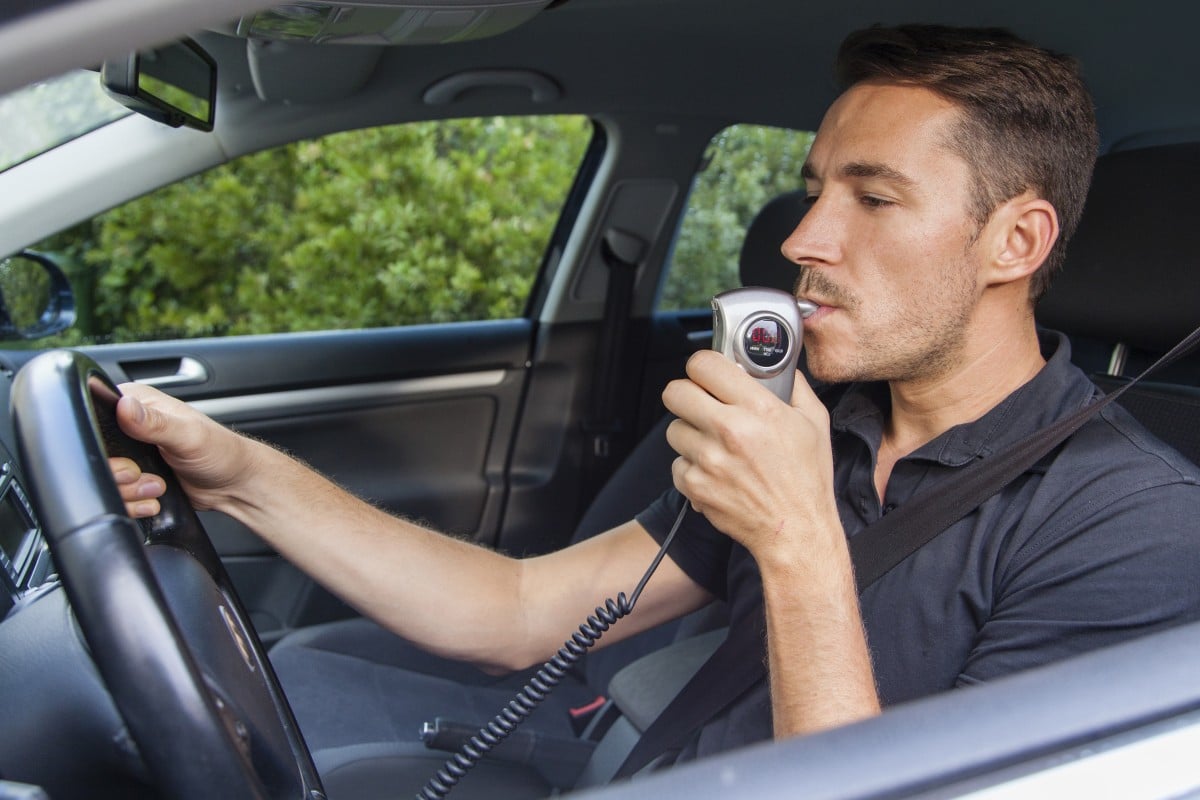Getting charged with an OVI offense—Operating a Vehicle Impaired—can instantly throw your life into chaos. You’re pulled over, tested, and before you know it, you’re in handcuffs, wondering what just happened and what comes next. In Ohio and other states that use the term “OVI” instead of DUI or DWI, these charges carry serious legal consequences. You may face jail time, license suspension, steep fines, and a criminal record that sticks long after your case is resolved.
If you’re searching for real answers, legal strategies, or simply peace of mind, this article was written for you. We’ll explain what an OVI offense is, walk you through what happens after the arrest, and break down how to build a defense that gives you the best shot at protecting your future. Along the way, we’ll share real-life stories and tips that show you how others have successfully navigated this situation.

What Exactly Is an OVI Offense?
An OVI offense—Operating a Vehicle Impaired—is Ohio’s version of DUI or DWI laws. It applies to operating any motor vehicle while under the influence of alcohol, drugs, or a combination of both. Unlike some states, Ohio doesn’t limit the term to just cars—it includes motorcycles, boats, and even bikes in some situations.
You can be charged with an OVI if:
- Your BAC (blood alcohol content) is .08% or higher
- You’re impaired by legal or illegal drugs, including prescriptions
- You refuse a chemical test but show visible signs of intoxication
This charge doesn’t require erratic driving. In fact, even if you’re parked with the engine running, police may still consider it “operating” under the law. This broad definition is one reason OVI offenses often catch people off guard.
Real-World Example: Brittany’s Story
Brittany was driving home from a birthday party in Columbus when she realized she shouldn’t be behind the wheel. Instead of continuing, she parked and left the engine running to stay warm while she sobered up. When officers found her, they charged her with an OVI offense, despite the fact she wasn’t driving. Her attorney argued she was trying to do the right thing, but the legal definition of “operating” complicated the case. Her experience is a cautionary tale for anyone who assumes parked means safe.
What Happens After You’re Charged with an OVI Offense?
An OVI offense triggers a legal process that moves faster than most people expect. Just days after your arrest, you’ll likely face court appearances, a license suspension, and pressure from prosecutors looking to secure a conviction. The whole thing can feel like a whirlwind, especially if you’ve never been in legal trouble before.
Here’s a basic timeline of what happens next:
- Immediate license suspension if you refuse or fail a chemical test
- Arraignment (usually within 5 business days) to enter your plea
- Pre-trial hearings where motions and evidence are reviewed
- Negotiation or trial depending on how your case progresses
Each of these steps is crucial. Missing a hearing or responding incorrectly can limit your options. That’s why it’s so important to hire a defense attorney quickly—ideally within 24–48 hours of the arrest. Early legal advice can make a major difference in how your case unfolds.
Why You Should Never Face an OVI Offense Alone
Plenty of people think they can handle an OVI offense by themselves, especially if they believe the situation wasn’t “that bad.” But that mindset can backfire quickly. The legal system doesn’t treat these cases lightly, and neither should you. One wrong move could cost you your freedom, your finances, or even your career.
An experienced OVI attorney can:
- Challenge the legality of the traffic stop
- Analyze the test results for device or operator errors
- Push for reduced charges, like reckless operation
- Fight for license reinstatement or driving privileges
They’ll also spot issues that might get the case thrown out altogether—things you likely wouldn’t recognize on your own. Even when the evidence seems strong, a skilled attorney can shift the outcome. Their guidance can also reduce stress during a time when one mistake could permanently affect your record.
Real Case: Jamal’s Defense Strategy
Jamal, a student at the University of Dayton, was stopped for a broken taillight and later charged with an OVI offense. The officer claimed he failedfield sobriety tests and registered a .09% on the breathalyzer. Jamal’s lawyer investigated and found the testing device hadn’t been calibrated according to protocol. That evidence was ruled inadmissible, and the charge was reduced to a minor traffic violation. His case proves that technicalities can win the day—if you know where to look.

Penalties for an OVI Offense in Ohio
Ohio has some of the toughest OVI penalties in the country. They escalate with each offense and can leave long-lasting marks on your record. Here’s what you might be facing:
First OVI Offense:
- Up to 6 months in jail
- Minimum 3-day intervention program or jail
- License suspension for 1–3 years
- Fines up to $1,075
- Possible ignition interlock device

Second Offense (within 10 years):
- At least 10 days in jail or treatment
- Fines up to $1,625
- Suspension up to 7 years
- Mandatory alcohol/drug counseling
Third or More Offenses:
- Minimum 30 days in jail
- Fines exceeding $2,750
- Vehicle forfeiture possible
- May be charged as afelony
These penalties aren’t just numbers—they affect your freedom, finances, and future. Taking early legal action can help mitigate or even avoid some of these consequences.
Understanding the Administrative License Suspension (ALS)
Ohio law enforces a separate penalty called Administrative License Suspension (ALS) if you fail or refuse a breath, blood, or urine test. This suspension begins immediately, regardless of whether you’ve been convicted yet.
You have the right to appeal the suspension, but you must act fast. A hearing request has to be filed within 30 days of your arrest, or the suspension will remain in place. Missing this window can mean months without a valid license.
Fortunately, an attorney can often help secure limited driving privileges, so you’re still able to get to work, school, or medical appointments. These aren’t automatic, and waiting too long can shrink your chances of approval. That’s why legal guidance is vital from the very start.
Common Defenses Against an OVI Offense
Feeling like your case is open and shut? Don’t give up—many defenses can reduce or eliminate an OVI offense charge. Your lawyer will evaluate your case and identify strategies that apply to your situation.
1. Lack of Probable Cause
If the officer didn’t have a valid reason to stop you, the arrest—and all evidence—might be thrown out.
2. Faulty or Misused Testing Equipment
Breathalyzers and lab equipment require routine calibration and operator training. Any lapses can invalidate results.
3. Underlying Medical Conditions
Issues like diabetes or acid reflux can falsely raise BAC levels or mimic intoxication symptoms.
4. Rising Blood Alcohol Level
If you drank right before driving, your BAC might have been legal while operating, rising afterward during testing.
5. Inaccurate Field Sobriety Tests
Weather, footwear, and nerves can cause you to “fail” even when sober—especially if the officer administers the tests incorrectly.
Diversion Programs and First-Time Offender Options
If this is your first OVI offense, you might qualify for a diversion program focused on rehabilitation. These programs vary by county but typically offer a path to dismissal or expungement.
Requirements usually include:
- Completion of alcohol and drug education courses
- Participation in counseling or support groups
- Community service hours
- A period of no new offenses
Not every court offers diversion, and not everyone qualifies. But when available, it can mean walking away without a conviction on your record. An experienced attorney will know how to advocate for your inclusion.

Long-Term Consequences of an OVI Offense
Even after you serve your sentence, an OVI offense can continue to impact your life in unexpected ways. Many people don’t realize the extent until it’s too late. A conviction doesn’t simply end with court fines or jail time—it can change how others perceive you in both professional and personal settings.
- Employers may hesitate to hire you, especially in transportation, education, or healthcare. Many industries conduct background checks, and a single conviction could disqualify you from key opportunities.
- Auto insurance premiums can skyrocket, costing you thousands over the years. Insurance companies often categorize you as high-risk for several years after a conviction, leading to dramatically higher rates.
- Out-of-state moves can become complicated due to license holds or reporting. Other states may honor Ohio’s penalties, limiting your ability to drive or register a vehicle until issues are resolved.
- Professional licensing boards may deny or delay certifications, especially in fields like nursing, law, or finance. A blemish on your record could cause delays in starting or advancing your career.
The ripple effects can last for years, which is why handling the charge properly at the beginning is so important. The sooner you act, the more options you’ll have for protecting your future and minimizing long-term fallout.
Final Thoughts: Taking Control After an OVI Offense
Being charged with an OVI offense may feel overwhelming—like you’re trapped in a legal system that doesn’t care about your side of the story. But the truth is, you still have control. With the right legal team and proactive mindset, you can fight back and protect your future.
An OVI offense in Ohio is serious, but it’s not the end of the road. Hiring a defense attorney quickly improves your chances of a better outcome. Many cases have defenses, even when the evidence looks strong. If you’re eligible, a diversion program could help you avoid a conviction entirely. In the end, how you respond now can shape your future for years to come.


